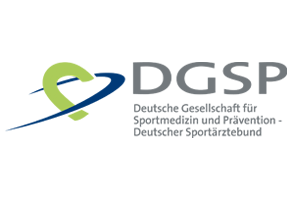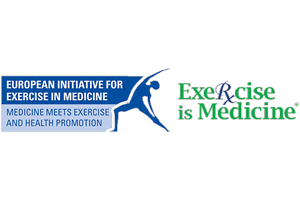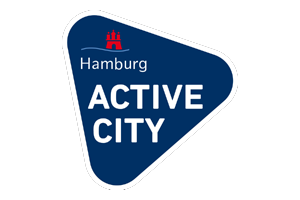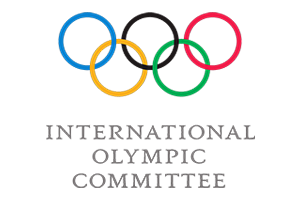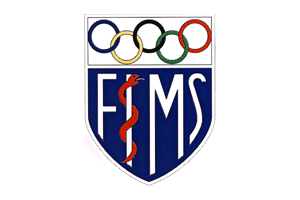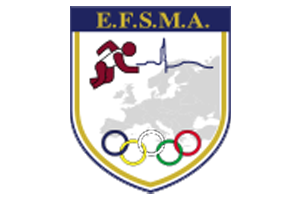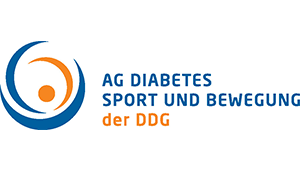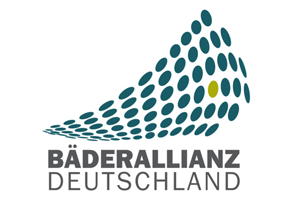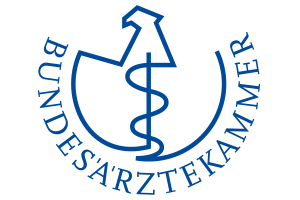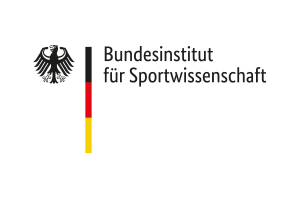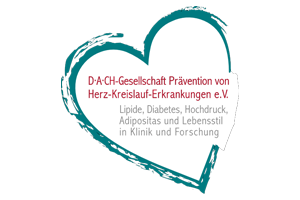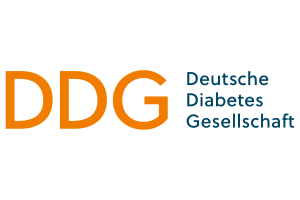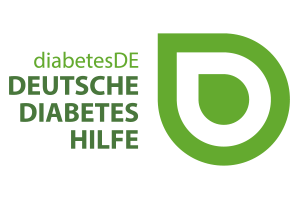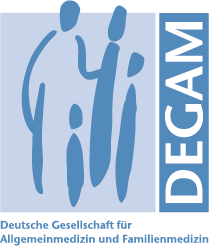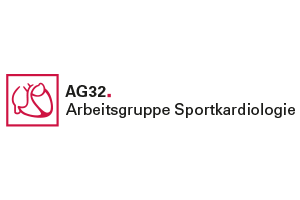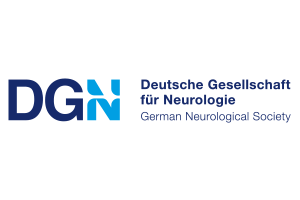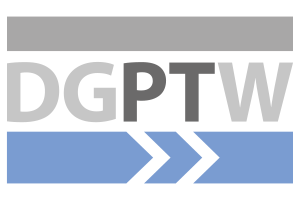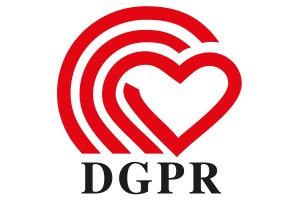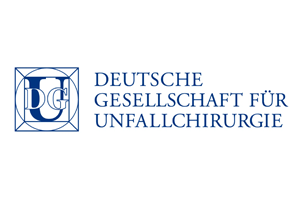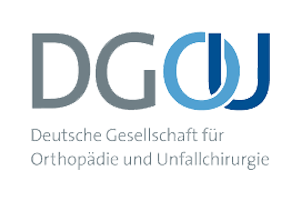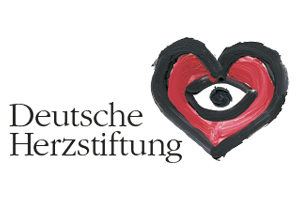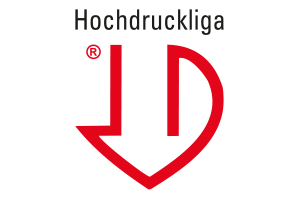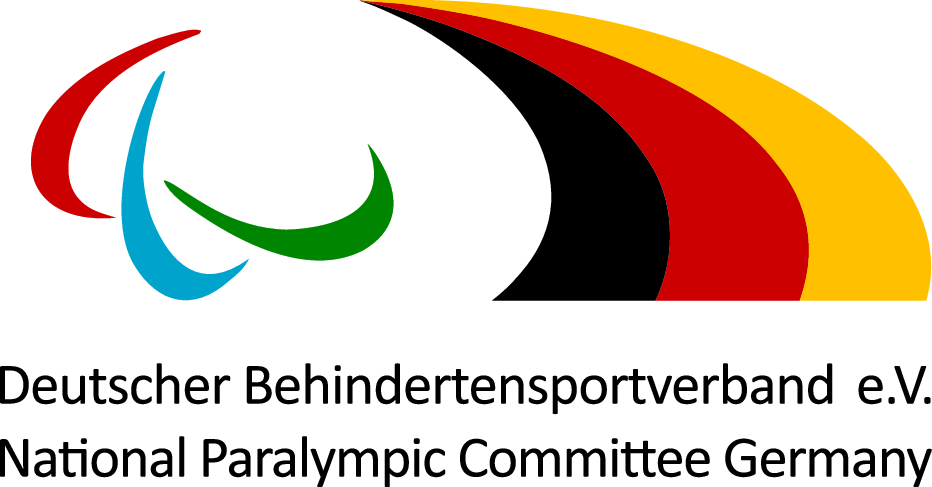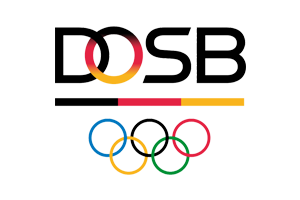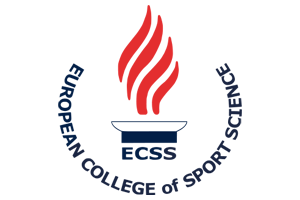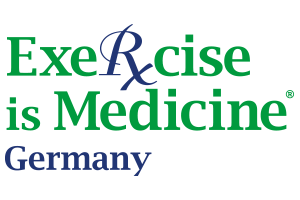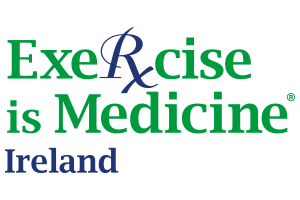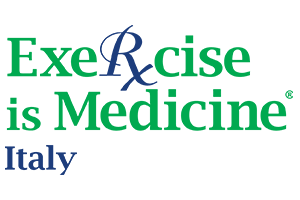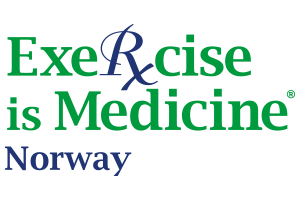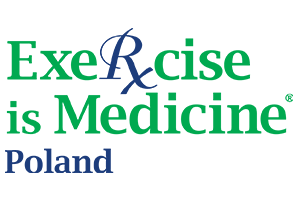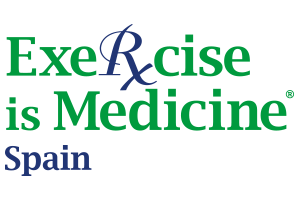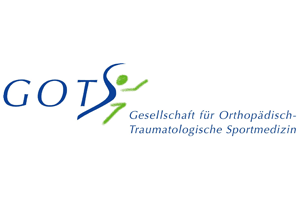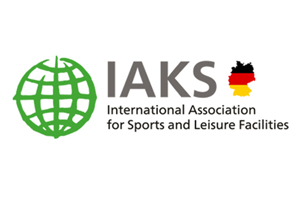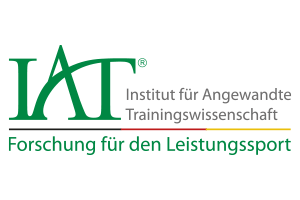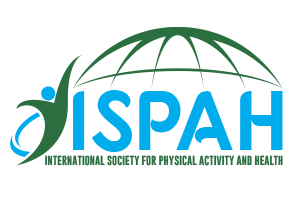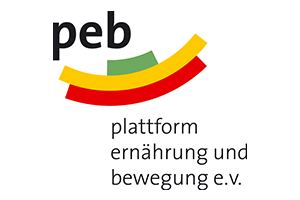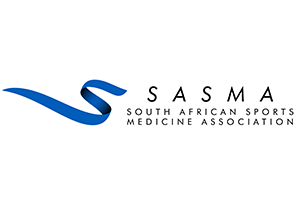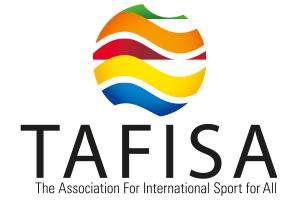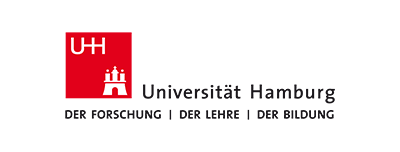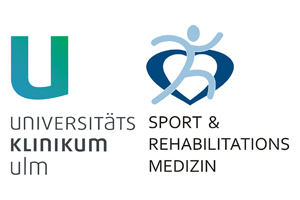- »
- »
A strong signal for more physical activity
At the Sports, Medicine and Health Summit 2021, a strong political signal was sent with the signing of the Hamburg Declaration. Major organizations, professional societies and sports associations have joined forces in a global alliance and are committed to implementing concrete measures to promote physical activity.

The fatal health consequences of physical inactivity have been known for years[1]. A global study from 2018, for example, found out that more than a quarter of the world's population already does too little exercise[2]. And the trend is still rising. The proportion of those who are sedentary has also continued to increase in Europe, but developing countries are also catching up. In Germany, about 42% of the population is affected by physical inactivity, and among German men the sedentary lifestyle has increased by 15.6% in the last 15 years[3].
Despite individual political efforts, including the German Prevention Act 2015 and in 2020, the World Health Organization with the „Global action plan on physical activity“, the trend towards global inactivity has not yet been significantly reduced or even reversed.
Therefore, well-known scientific societies and organisations have been calling for years on global politics to give higher priority to the promotion of physical activity and to create corresponding structures that enable actors in sport, health and medicine to successfully implement measures that promote physical activity[4],[5]. Furthermore, better networking of the active organisations, associations, professional societies and political institutions is of the greatest importance in order to use synergies and implement best practice examples as efficiently, comprehensively and sustainably as possible. A global alliance against physical inactivity is needed.
Within the framework of the Sports, Medicine and Health Summit 2021, the "Hamburg Declaration" is not only intended to set a public signal against physical inactivity. On the one hand, the work contains the voluntary commitment of well-known organisations, professional societies and sports associations to implement specific measures and efforts to combat physical inactivity and forms the basis of a joint alliance. On the other hand, the "Hamburg Declaration" calls on national and international politics to join this global alliance and to commit to concrete structural measures.
The „Hamburg Declaration“ is supported by the following organisations:
[1] Paffenbarger RS et al. Am J Epidemiol. Physical Activity as an index of heart attack risk in college alumni 1978; 108: 161-175. doi:10.1093/oxfordjournals.aje.a112608
[2] Guthold, R, Stevens GA, Riley LM, Bull F: “Worldwide trends in insufficient physical activity from 2001 to 2016: a pooled analysis of 358 population-based surveys with 1·9 million participants”, Lancet Global Health 2018, e1077-e1088, http://dx.doi.org/10.1016/S2214-109X(18)30357-7
[3] López-Valenciano A, et al.. Changes in sedentary behaviour in European Union adults between 2002 and 2017. BMC Public Health. 2020 Aug 26;20(1):1206. doi: 10.1186/s12889-020-09293-1.
[4]Global action plan on physical activity 2018–2030: more active people for a healthier world (who.int) Geneva: World Health Organization; 2020.
[5] Lakerveld J, C Woods, A Hebestreit et al.. Advancing the evidence base for public policies impacting on dietary behaviour, physical activity and sedentary behaviour in Europe: The Policy Evaluation Network promoting a multidisciplinary approach. Food Policy, 2020. https://doi.org/10.1016/j.foodpol.2020.101873
